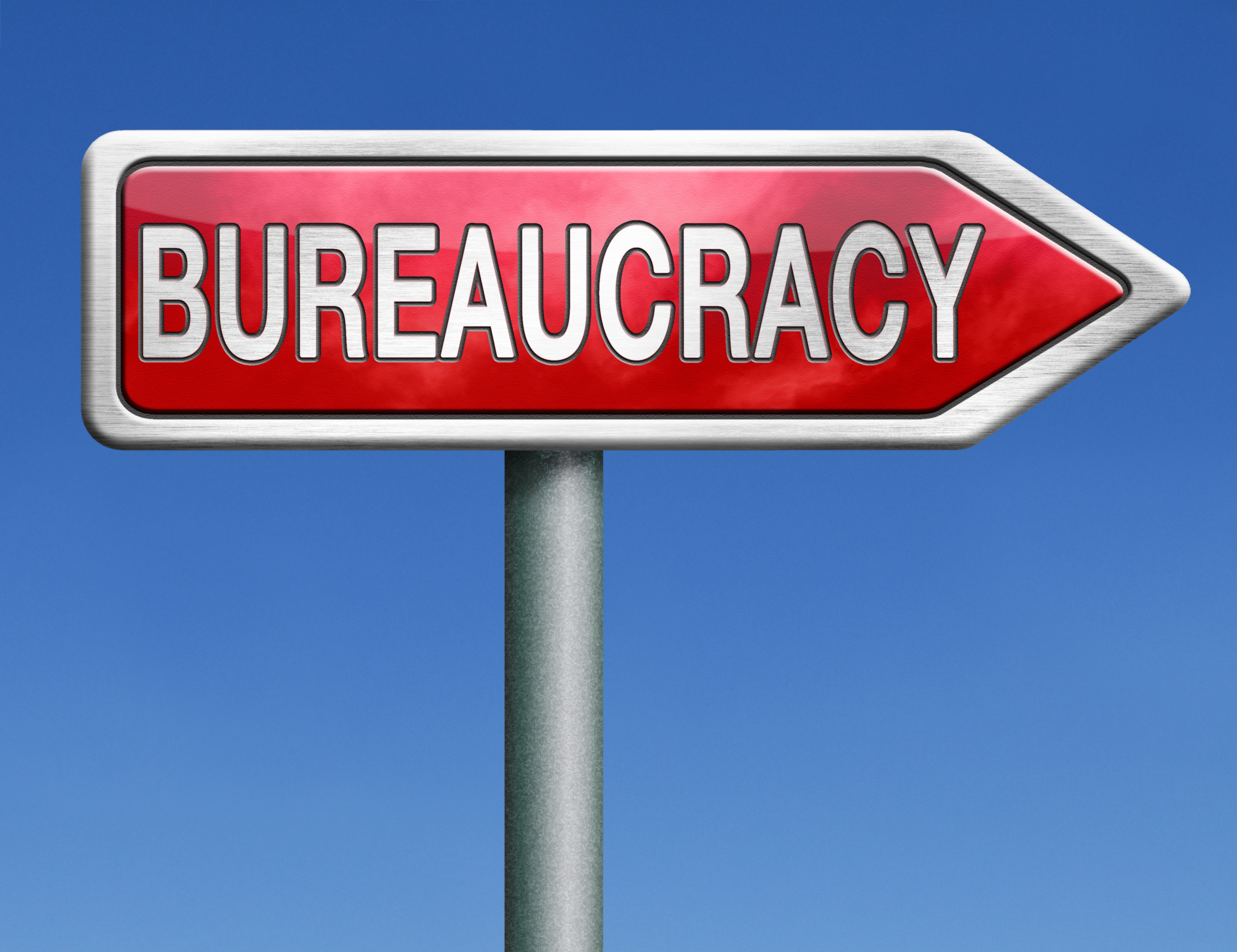Bureaucracy or civil service plays an important role in the State. To prevent misuse of power and position, some sort of control is highly essential over bureaucracy.
And this control over bureaucracy is exercised in two ways, viz, external, that is, political and judicial and internal or administrative. Political and judicial controls are exercised within constitutional provisions.
ADVERTISEMENTS:
Under the provisions of the Constitution of India, Parliament and state Legislatures exercise control over bureaucracy. Article 309 empowers Parliament and State Legislatures to control the conditions of service and retirement of the civil servants or bureaucrats of the Union and the States respectively.
Under Article 310, the civil servants of the Union and the States hold office during the pleasure of the President and the Governors of the concerned states respectively.
Thus, in reality the Union cabinet and the State cabinet exercise control over bureaucracy, because the President and Governors are the constitutional heads only.
Further, a civil servant is responsible to the minister and performs his duty under him. The minister controls the civil servant through political directions and supervision. Again, the civil servants can’t spend a single pie without the approval of the legislature.
ADVERTISEMENTS:
However, legislature exercises an indirect control over bureaucracy. Judiciary also gives warning to the deviated civil servants and inflicts punishment if they commit any offence.
The Internal control over bureaucracy is exercised according to the principle of hierarchy. This principle holds that the higher authority should control the lower one. Thus, bureaucracy is subordinate to the political executive that is, the ministers concerned. It faithfully carries out the policies made by the cabinet. It broadly serves the people under the cloak of ministerial responsibility.
Bureaucracy has some defects like red-tapism, departmentalism, irresponsibility, etc. However, it cannot be avoided. No State can work without it. It has played such an important role in modern times that critics have gone to the extent of describing modern governments as “bureaucratic rule”.
What is needed is that it should be controlled and checked. As Ramsay Muir has said, “Bureaucracy is like fire – invaluable as a servant, ruinous when it becomes the master”. Hence, bureaucracy needs to be corrected. The control exercised over the civil service should be more effective.
ADVERTISEMENTS:
The legislature has a right to ask questions and complain against bureaucratic excesses. In a parliamentary system this control is more effective. In the presidential system the legislature also exercises this control through various committees. The power of the American Congress to confirm the appointment of the top executive is an important power to control administration.
Periodical reports on the performance of the civil servants should be sent to the legislature for discussion. There are also internal checks and balances through which civil servants are controlled and disciplined.
A Plea for Establishment of Lokpal & Lokayuktas:
A plea has been made to establish “ombudsman” to hear the complaints of the public against administrative personnel. In fact, the Vigilance commissioner is controlling top level corrupt civil servants by exposing their misdeeds.
Administration touches various aspects of man’s life. In a Welfare State the functions of government have so extended that men are surrounded with the State activities from cradle to grave. There is also charge of corruption in civil service. In this context the establishment of an “ombudsman” has been suggested.
This institution was first introduced in the Scandinavian countries. It has been followed by Great Britain and a few other countries. The Administrative Reforms Commission had recommended for the establishment of similar institutions in India. These institutions in India will be known as the Lokpal in the Centre and Lokayuktas in the States. The Government of India is actively considering instituting such institutions in order to hear complaints against civil servants.
The main idea behind these institutions is to improve efficiency of the civil service. It would be presided by a high judicial officer who will look into the complaints against the civil servants and suggest remedies if any. It can enquire into complaints of corruption or misuse of power by any civil servant. The intention is to build up public confidence in administration and to ensure quick redress of public grievances.

